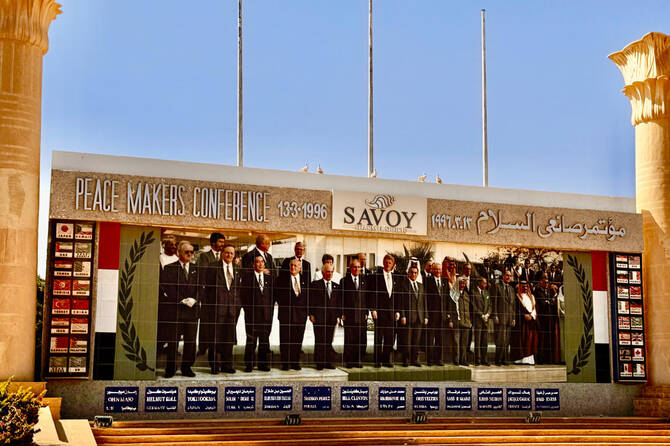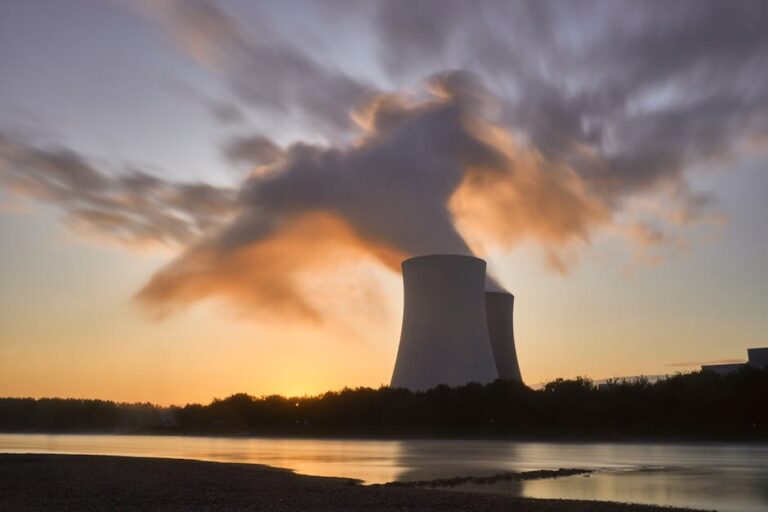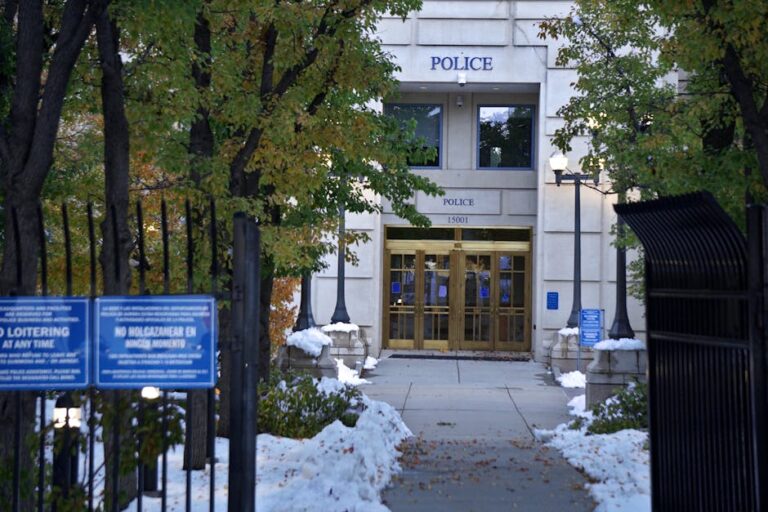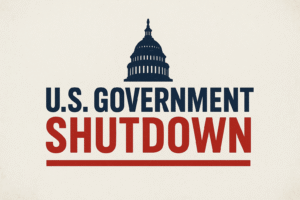Egypt, Two years after the October 7, 2023 attacks, which reignited one of the deadliest periods in the long-standing Israeli–Palestinian conflict, indirect peace talks have begun in Sharm el-Sheikh, Egypt. The negotiations, hosted by the Egyptian government with support from international mediators, are being viewed as a last-ditch effort to end or at least ease the cycle of violence in Gaza.
But can decades of distrust, bloodshed, and political complexity be resolved at the negotiation table? Or is this just another temporary pause in a conflict with no end in sight? what led up to this moment, and what’s at stake for both Israel, Hamas, and the Palestinian people
The Road to Sharm el-Sheikh: A Quick Recap
The October 7, 2023 attacks marked a major turning point in Middle East tensions. Hamas launched a surprise cross-border attack from Gaza, leading to the deaths of over 1,000 Israelis and sparking a massive military response by Israel. What followed was a prolonged war, with heavy bombardment in Gaza, displacement of civilians, and widespread international condemnation from both sides.
Over the past two years, several ceasefire attempts failed. With thousands dead, infrastructure in ruins, and Gaza’s humanitarian crisis deepening, regional and global pressure has grown on both parties to return to negotiations.
Egypt is long a key player in Middle East diplomacy has now stepped in to host indirect talks, offering neutral ground away from the battlefield.
What Are Indirect Peace Talks?
Unlike direct negotiations where both parties sit across the same table, indirect peace talks involve mediators shuttling between delegations. This method is often used when direct dialogue is impossible due to political or emotional barriers.
- The Egyptian government is acting as the main facilitator.
- Other nations involved include Qatar, the United States, and the United Nations, all providing diplomatic and logistical support.
- The Israeli delegation and Hamas representatives are both in Sharm el-Sheikh but not meeting face-to-face.
What’s on the Table?
Though the full details remain confidential, sources suggest the following key issues are under discussion:
- A Long-Term Ceasefire Agreement
- Both sides may be open to a multi-month or year-long ceasefire to stop the current cycle of rocket fire and airstrikes. However, trust remains low.
- Hostage Releases and Prisoner Swaps
- Hamas is believed to still hold Israeli hostages, while thousands of Palestinians are imprisoned in Israel. A deal could include mutual releases as a show of goodwill.
- Border Control and Humanitarian Access
- Egypt and international organizations are pushing for secure humanitarian corridors, especially for medical supplies, food, and clean water to Gaza.
- Political Recognition and Demilitarization
- Israel demands that Hamas recognize its right to exist and stop its armed wing from launching attacks. Hamas, in return, seeks the lifting of the blockade on Gaza and more political autonomy.
Why Is This Moment So Critical?
With over 30,000 deaths reported in Gaza since late 2023 and parts of the strip rendered uninhabitable, the situation has become a humanitarian emergency. International observers warn that failure to reach some form of truce could:
- Trigger regional escalation, possibly involving Lebanon (Hezbollah), Iran, or Syria.
- Further radicalize youth in Gaza, weakening any chance for future negotiations.
- Undermine Israel’s relations with Arab countries, including those in the Abraham Accords (like UAE and Bahrain).
- Deepen division within Palestinian politics, between Hamas in Gaza and the Palestinian Authority in the West Bank.
What Are the Challenges?
Deep Distrust
Israel sees Hamas as a terrorist group committed to its destruction. Hamas views Israel as an occupying force responsible for decades of suffering. Both sides blame each other for the deaths of civilians.
Domestic Political Pressures
- In Israel, Prime Minister Netanyahu faces domestic criticism over both the October 2023 security failure and the ongoing war.
- Hamas, too, must maintain its image as a resistance group while responding to internal pressure from civilians desperate for peace.
External Influences
Other powers like Iran, the U.S., and even Russia have strategic interests in the region, which could complicate or shape the outcome of any agreement.
Could Peace Actually Happen?
While full peace between Israel and Hamas remains a distant dream, many experts argue that limited agreements such as ceasefires, reconstruction efforts, or prisoner swaps are achievable and necessary stepping stones.
Even small wins could:
- Save lives
- Allow aid to flow into Gaza
- Begin rebuilding diplomatic trust
- Create space for broader peace talks in the future
Hope remains fragile, but hope still exists.
Final Thoughts
The indirect talks in Sharm el-Sheikh represent more than just another diplomatic meeting. They are a test of political courage, humanitarian urgency, and international will. For the millions caught in the middle from families in Tel Aviv to refugees in Gaza the outcome of these negotiations could shape the next decade of life in the region.
If both sides can take even the smallest steps toward peace, this painful anniversary of October 7 could become a turning point, not just a reminder of tragedy.









